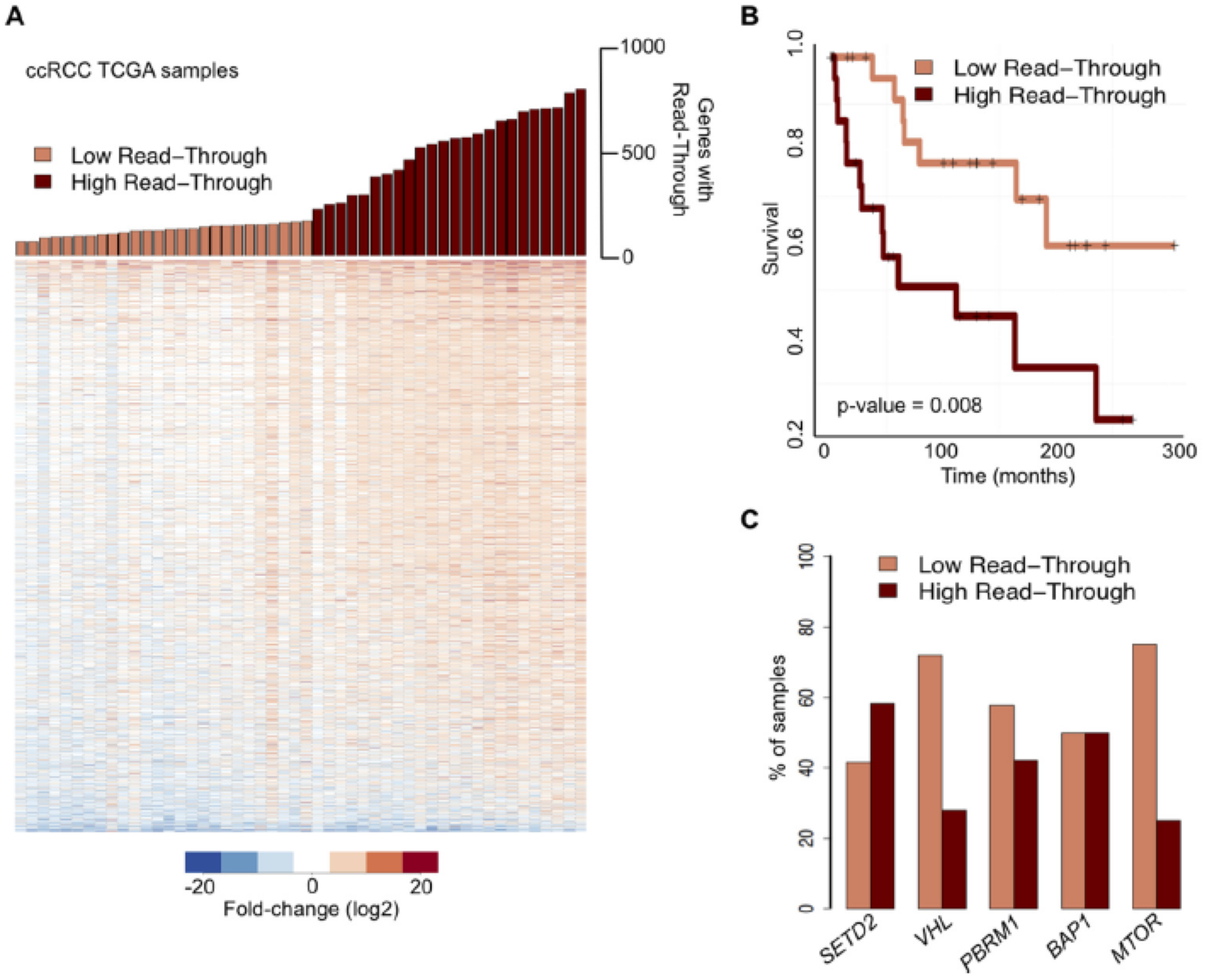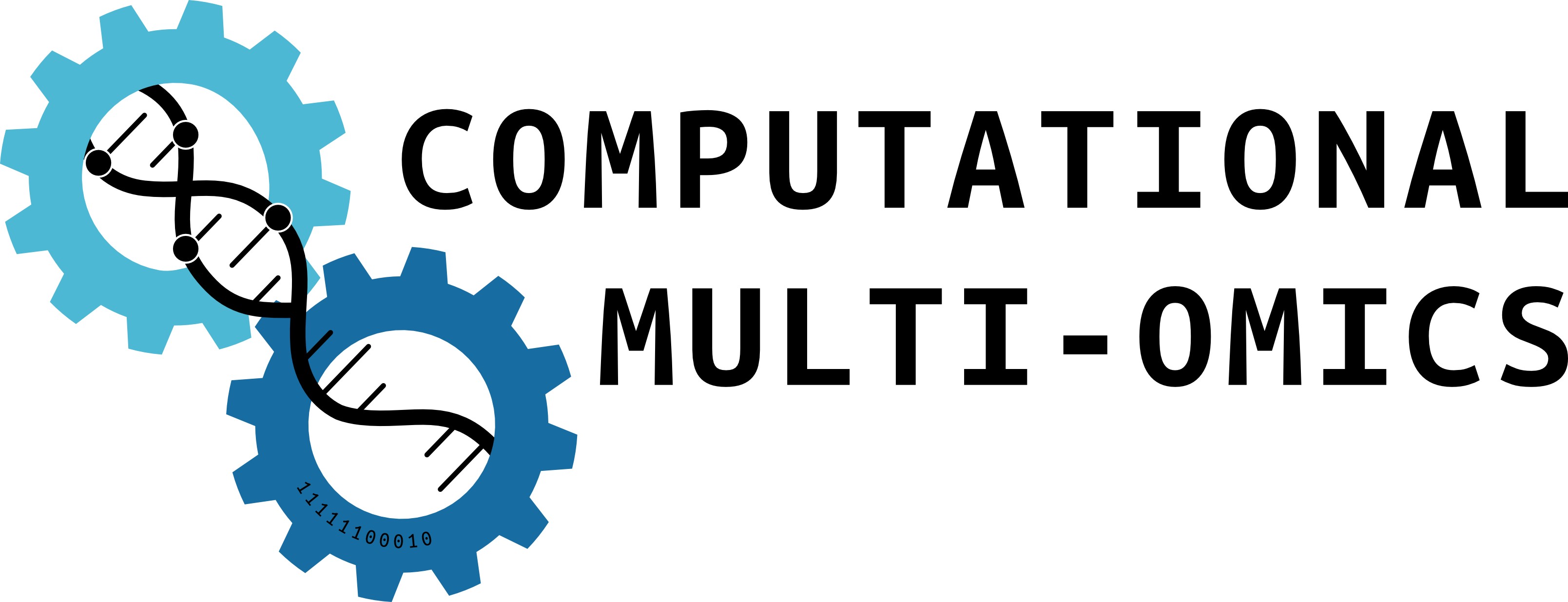Cancer cells ignore “stop signs”

Aberrant expression of cancer genes and non-canonical RNA species is a hallmark of cancer. However, the mechanisms driving such atypical gene expression programs are incompletely understood. We have found that transcription in kidney cancer often ignores the sign stops at the end of genes, especially in patients with mutations in the chromatin modifier gene SETD2. This causes all or parts of neighboring genes to be transcribed along with the target gene and leads to changes in the expression levels of these genes. For example, a cancer-promoting gene called BCL2 is more highly expressed in these cells. Furthermore, some of the mRNA molecules produced in these cancer cells may make “fusion” proteins that combine elements from several proteins. These fusion proteins may work differently to normal cell proteins and therefore might also promote the development of tumors. Our findings reveal a new link between epigenetic changes and cancer (Grosso et al eLIFE, 2015).
Return to Research Highlights
